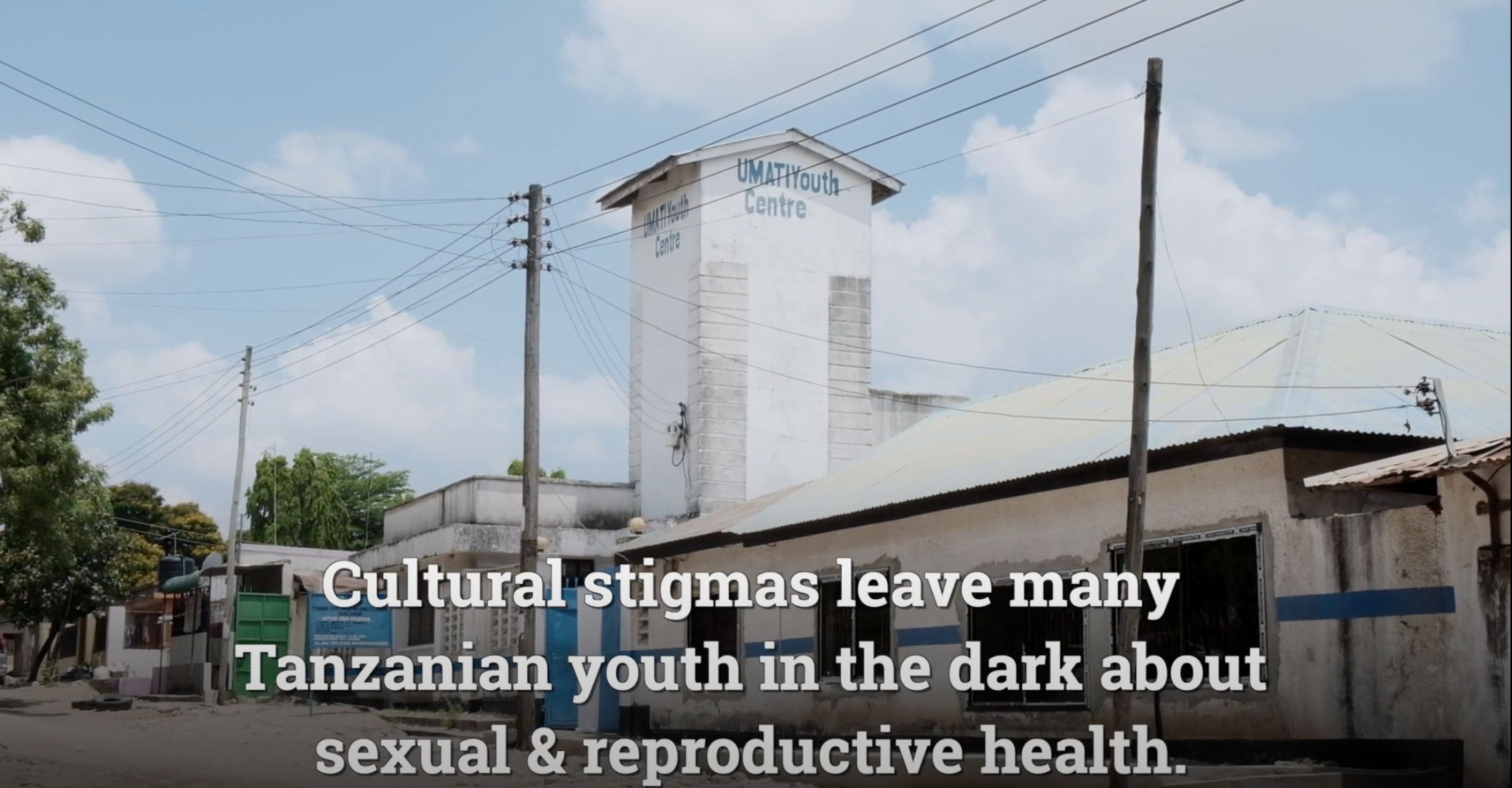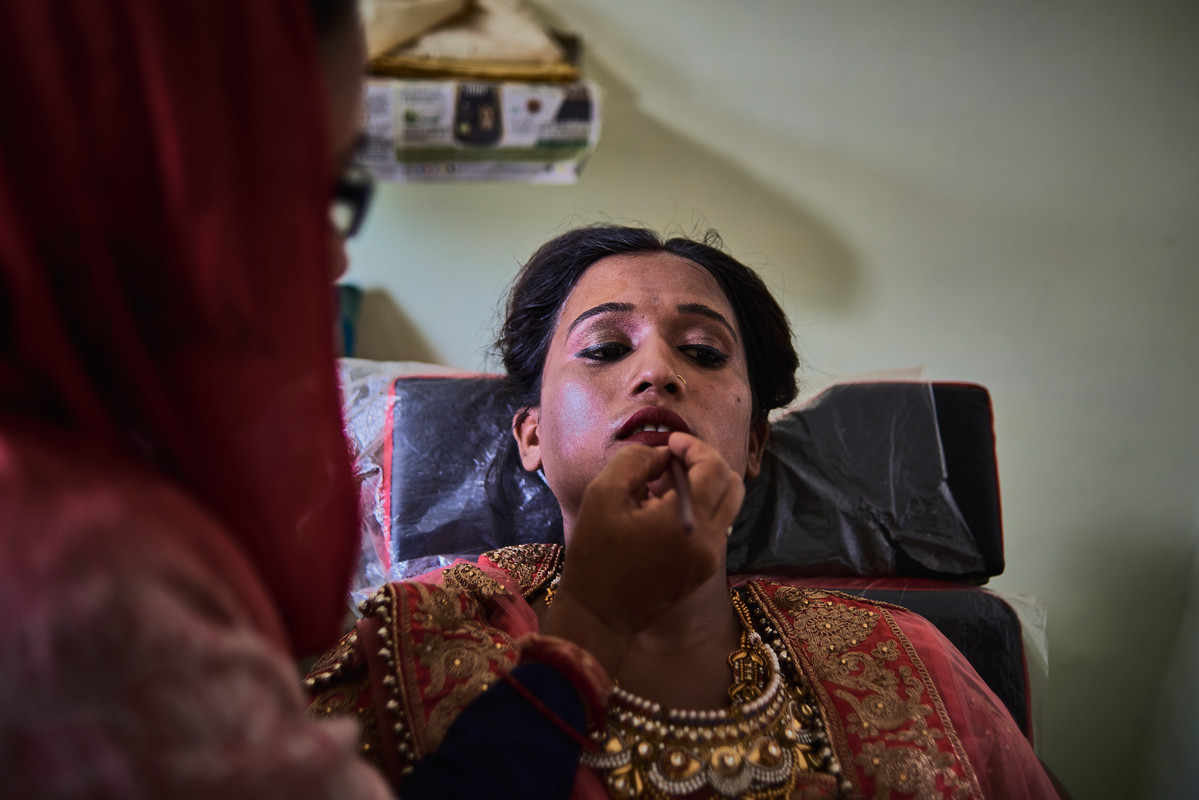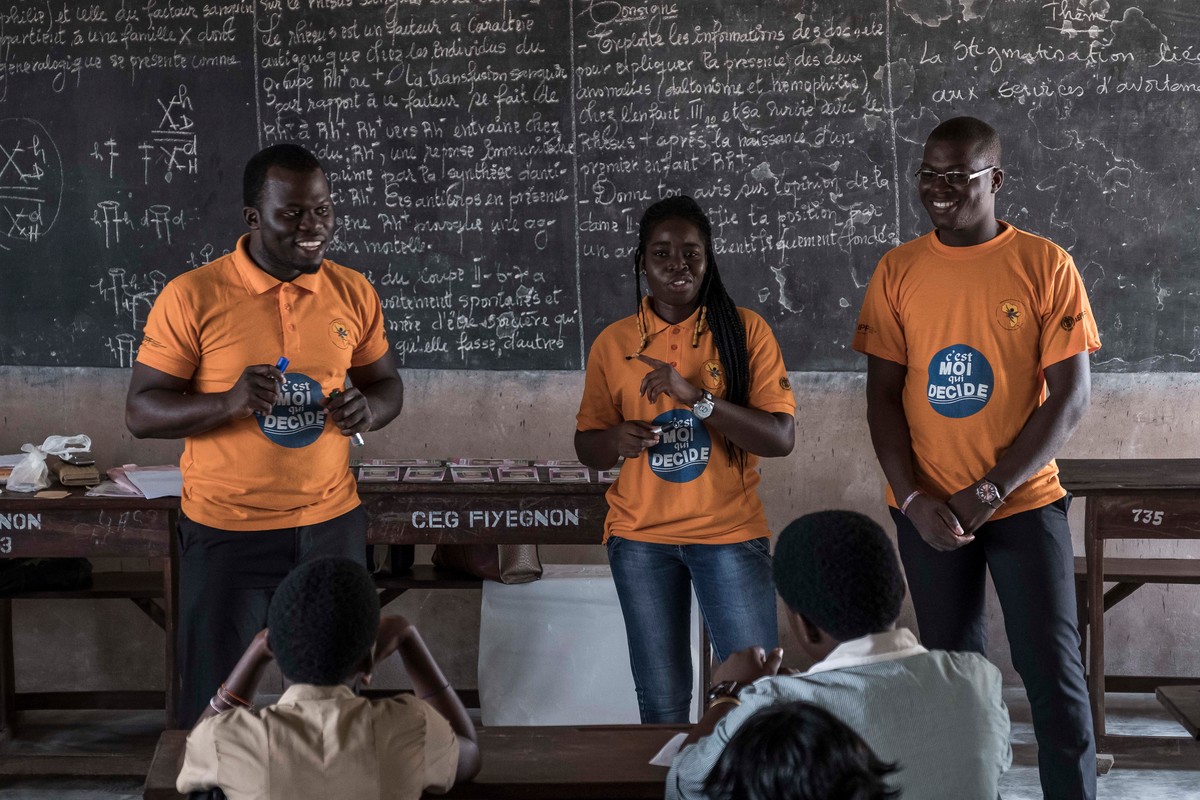Spotlight
A selection of resources from across the Federation

HIV Theory of Change
Our HIV Theory of Change is to clarify the goals and vision of IPPF’s HIV programme and to articulate the different pathways and strategies IPPF uses to contribute towards its HIV goals and vision.
Filter our resources by:


| 12 August 2020
Tanzania: A youth center on a mission to destigmatize sexual health
Cultural stigmas leave many young people in Tanzania in the dark about their sexual and reproductive health and rights. Our Member Association - Chama cha Uzazi na Malezi Bora Tanzania (UMATI) - has come up with a solution at their youth center in Dar es Salaam: peer-to-peer educators. Every week over 100 youth sign up for services and training at the center. In 2017 the Global Gag Rule pulled funding from UMATI, however, the Belgian Government stepped in with emergency funding which allowed the center to remain open through the She Decides project.
| 17 January 2020
Tanzania: Fighting back against the Global Gag Rule
In 2017, the US administration implemented the Global Gag Rule (GGR), a policy that denied funding to organizations that provided abortion care. IPPF refused to sign the policy that required us to deny women and girls the freedom to choose what happens to their body. As a result, IPPF lost $100 million in funding. Our Member Association in Tanzania – Chama cha Uzazi na Malezi Bora Tanzania (UMATI) – was forced to close 5 of its 11 clinics. But thanks to emergency funding from the Belgium government, UMATI was able to improve their remaining clinics, increase the number of qualified staff and continue to provide quality care for those who need it. Find out more about the Global Gag Rule and its devastating impact

| 08 August 2019
Watch - Beauty Behind Bars: Life after prison for women in India
India is home to 20 female-only prisons, that have the capacity to hold just 5,000 inmates. Women currently make up 4% of India's prison population. Before they reach prison, many women have already experienced sexual and gender-based violence. Many inmates face discrimination and are often ostracized from their community and their families once they are released. Realizing a gap in care for women once released, the Family Planning Association of India (FPAI) have stepped in to ensure women are equipped with not only healthcare whilst in prison but life training skills. Skills that will financially support them and their children with or without the support of their families. Established in 1949, the Family Planning Association of India has provided life skills training ranging from beauty parlour related work to car mechanics to 768 women in six locations.

| 05 May 2016
IPPF funds youth-led projects to tackle abortion stigma
As part of our work in tackling abortion stigma, IPPF awards small grants to young people to create projects that would tackle the issue of abortion stigma in their communities. In 2015, small grants were awarded to promising projects submitted by young people in Ghana, Palestine, Spain, Macedonia and Nepal. In 2017, a further six grants were awarded to young people in Guinea, Kenya, Nepal, Puerto Rico, Sierra Leone and Venezuela. In 2019 five more grants were awarded to youth-led projects in Albania, Colombia, Nigeria, Spain and Tanzania. These documents give more information about what these projects set out to do, their methods and the results.















